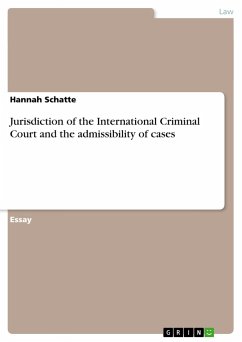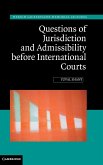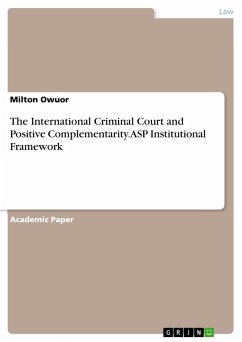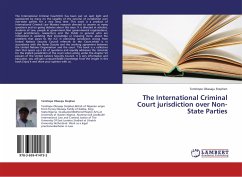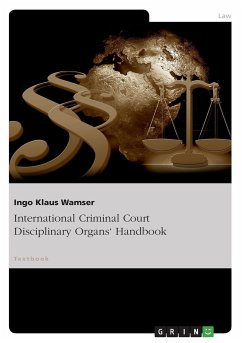Essay from the year 2008 in the subject Law - Comparative Legal Systems, Comparative Law, grade: 1,7, University of Bremen, language: English, abstract: Fifty years after the Nuremberg-Tribunal, the U.N. Commission of Experts on the Former Yugoslavia stated, that "states may choose to combine their jurisdictions under the universality principle and vest this combined jurisdiction in an international tribunal." This tribunal, the International Criminal Court (ICC), finally was created by a diplomatic conference held in Rome in 1998, where 120 States voted to adopt the Rome Statute of the International Criminal Court , rendering into force in 2002.This detailed international treaty provides for the creation of an international criminal court with power to try and punish for the most serious violations of human rights in cases where national justice systems fail at the task.The ICC therefore ushers in a new era in the protection of human rights. Some authors even say that to a greatextent, the success of the Court parallels the growth of the international human rights movement, much of whose fundamental philosophy and outlook it shares. Lately mainly questions concerning the Iraq-conflict were raised, concerning the problem, whether criminal proceedings against the main actors before the ICC would be "successful".
Hinweis: Dieser Artikel kann nur an eine deutsche Lieferadresse ausgeliefert werden.
Hinweis: Dieser Artikel kann nur an eine deutsche Lieferadresse ausgeliefert werden.

